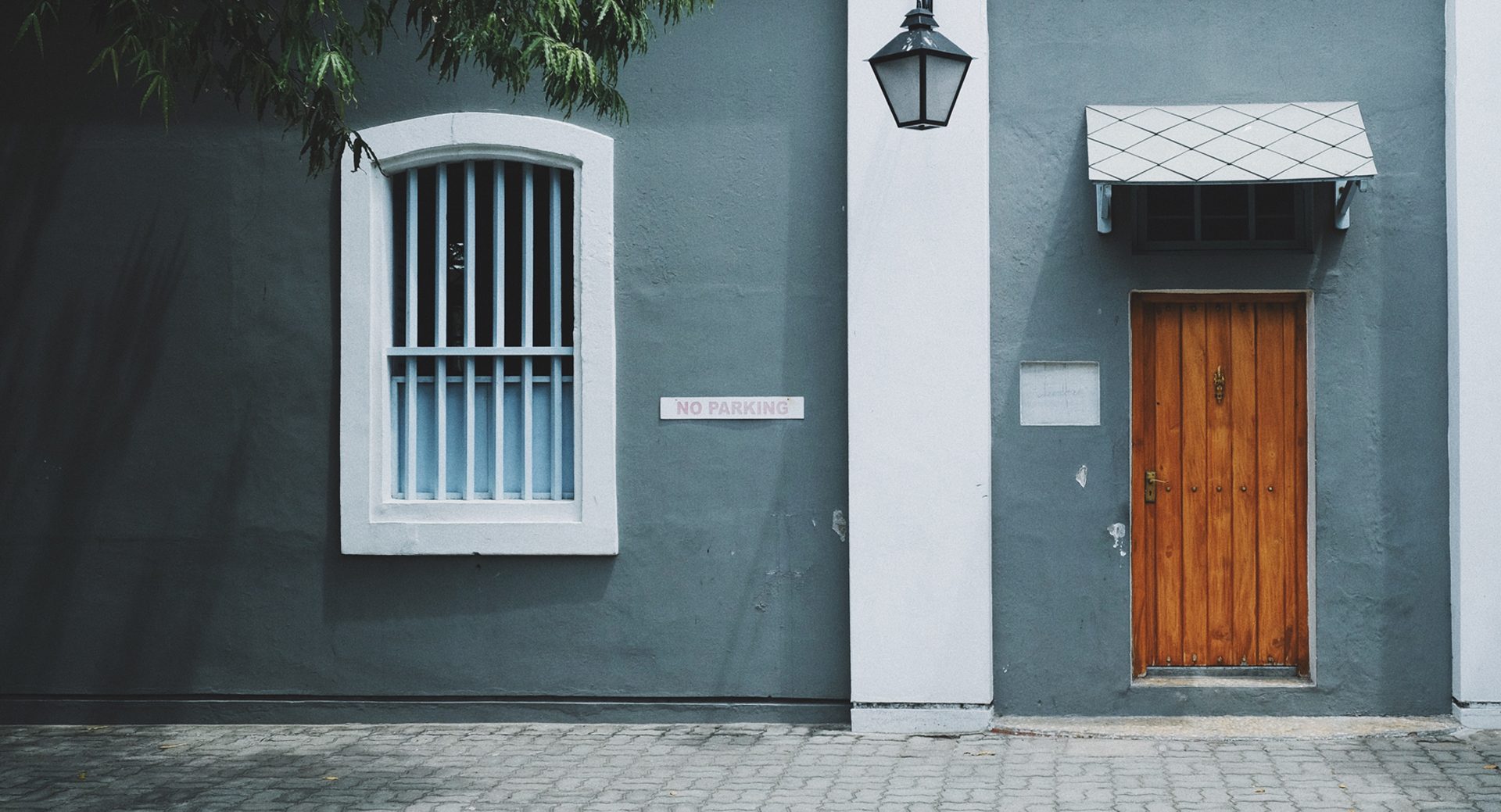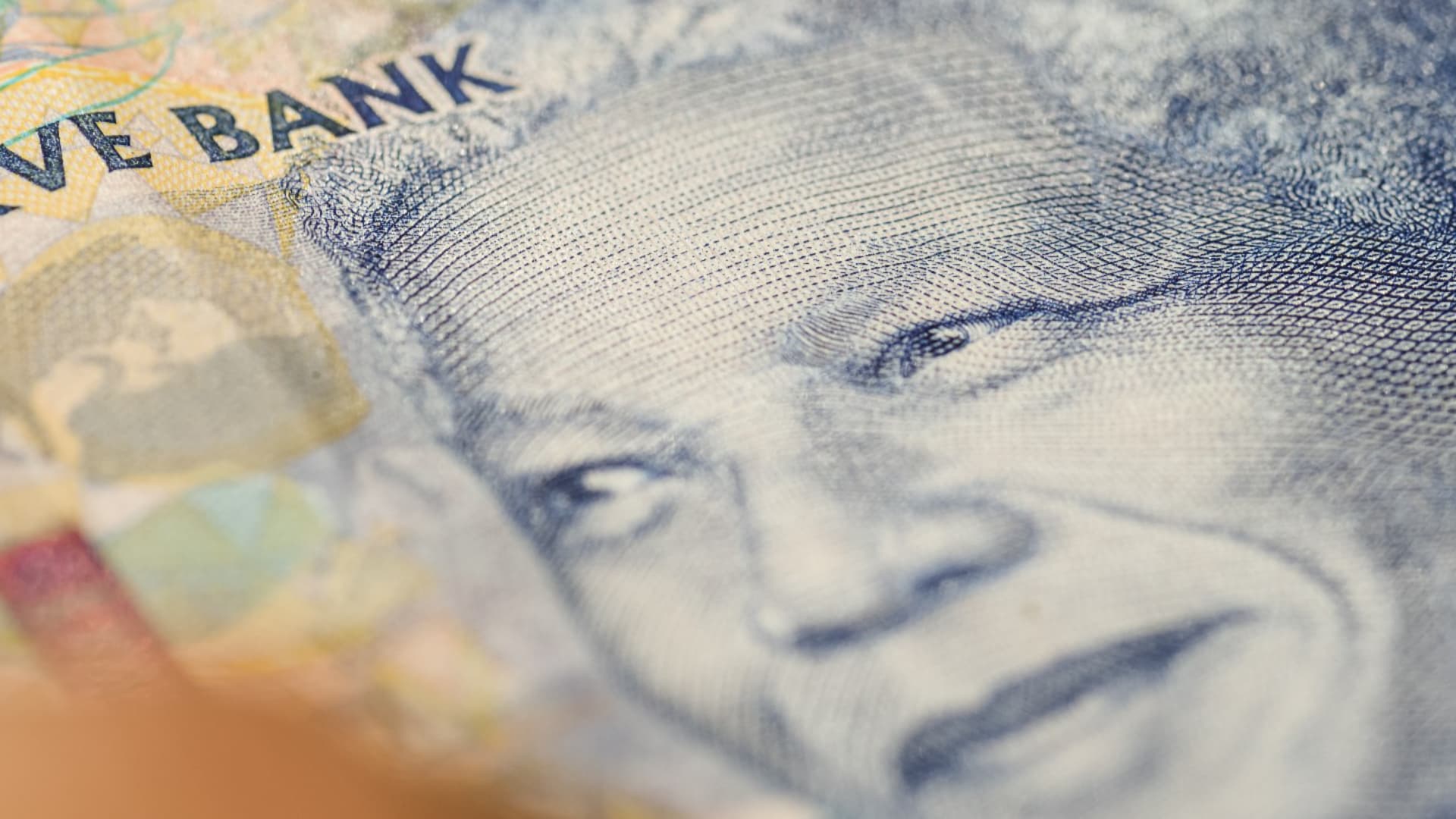
Where to buy abroad as an expat?
Posted on: 4th September 2019 in
Mortgage & Property
Expats: where should you buy a second home?
Perhaps, like many expats who work and live overseas – enjoying career success and a new expansive and international lifestyle – you are considering investing in a second property. Perhaps you’d like a place to retreat to during the holiday season, or an investment for your retirement and a place to spend your winter years in the sunshine. Or perhaps you want to dip your toe in the property game and invest in a buy to let. Or maybe you just want to have a go!
To make your life easier, we’ve highlighted a couple of the most exciting places expats are flocking to for investment opportunities and gorgeous holiday getaways.
The Philippines: tropical climes, economic growth and a booming housing market
(A property in Valencia, Philippines)
Pros:
- Stunning beaches and tropical climate make it a desirable destination.
- Reasonable cost of living.
- Booming economy and thriving real estate market.
- Great accessibility from UAE.
Cons:
- There are rules governing the buying of property by foreigners in the Philippines. Its possible to buy a condo or flat but 60% of any block must remain locally owned.
- Expats can own buildings but not land.
In a recent survey of more than 20,000 people representing more than 80 countries, the Philippines was voted the best country to invest in. The survey, conducted by the Wharton School at the University of Pennsylvania, found that respondents were highly positive in reporting economic stability, technological expertise, entrepreneurship and favourable tax environment.
And the mood of optimism is high among the nearly 700,000 expat Filipinos in the UAE too! The latest poll conducted by New Perspective Media amongst Filipinos in the UAE reveals that 95% of those surveyed believed that property prices in the Philippines would continue to rise. Local knowledge counts for a lot.
And the strength of the Philippines housing market is not the only reason for optimism according to the results of the survey. Filipinos in the UAE are also feeling confident about their careers too, with over 90% stating they felt their careers would continue to flourish, so much so, in fact, that 80% feel confident enough to consider investing in a second property. And they are looking toward their home country as a golden opportunity investment.
Forecasts from the World Bank also support this sentiment, hedging that the Philippine economy will continue to be the fastest growing in the Asean (Association of South East Asian Nations) – based largely on the strength of its real estate sector, and the $180 billion investment by the Government.
And with the Philippine currency currently weak against the US Dollar, now seems like the perfect time to invest.
Where should I look to buy in the Philippines?
Davao City: the largest city outside of Manila is also the fastest-growing. In 2016, Davao’s economy grew by a substantial 9.4%, compared with growth for the broader Philippine economy of 6.9%.
As it’s also the hometown of the country’s president, Rodrigo Duterte, Davao has become a hub for burgeoning business and development projects and is home to the Philippines third largest international airport.
Davao has a national reputation as one of the safest and cleanest cities in the country. Add to that its proximity to the Samal Islands, famous as a beach destination in the region, and it is easy to see why Davao City is such a popular choice among ex-pat investors.
Cebu: Cebu has been given the nickname “Queen City of the South” and for good reason. As well as being famed for its stunning beaches and local charm (naturally popular with tourists), Cebu also has an extremely robust economy and booming IT and BPO sectors. The growth of its economy and the high-end demands of the housing market clientele have resulted in the wide-scale development of high-spec, luxury condominiums, meaning that Cebu now has the second highest concentration of condominiums in the Philippines.
The Caribbean: sun, sand and investment opportunities
(A property in Bridgetown, Barbados)
Pros:
- Variety and choice to suit all budgets and tastes.
- Many islands are tax free – including international income.
- Great buy to let opportunities and rental market (it’s the number one honeymoon destination!).
Cons:
- Celebrity popularity has driven prices up in recent years.
According to propertyguides.com, European buyers account for 60% of property sales at the luxury end of the Caribbean market, including Sir Richard Branson who owns a couple of Caribbean islands! Indeed, the Caribbean is well known for playing host to celebrity tropical getaways.
But if you’re not in the market for a multi-million luxury investment to rival Richard Branson, what are the opportunities available to you? And what makes the Caribbean such an enticing investment opportunity?
When most people conjure a picture of their perfect beach getaway, it looks just like the tropical paradise on offer across the Caribbean, and it’s easy to see why so many people fall in love with the islands. But apart from swathes of beautiful beaches, snorkelling in sandy reefs, and bountiful and luscious countryside, the Caribbean has much in the way to offer of bustling city life and culture – of course underpinned by that relaxed attitude and laid-back vibe that has come to define the Caribbean way of life. And with over 7000 individual islands to choose from, there’s something to suit everyone!
Where should I look to buy in the Caribbean?
Dominican Republic: the north coast of the island boasts some of the Caribbean’s most beautiful beaches while the east coast is fast becoming a golfer’s paradise. The Dominican Republic offers not only the advantages of low-cost living, but property investors can find some real bargains too!
Popular among the retired and “snowbirds” (US expats escaping the North American winters) the Dominican Republic has a stable government, vastly-improved infrastructure and a warm welcome for investors from the USA, Canada and the UK.
Workers tend to reside in the bustling capital city Santa Domingo, but there are also vibrant communities in Puerto Plata, Sosua, and Cabarete. Look for bargain properties in the lovely town of Las Terrenas on the Northeast coast for a rustic feel with a vibrant pulse and miles of white sandy beaches.
Barbados: with year-long sunshine and average temperatures between 27-29 degrees, Barbados makes a perfect destination for a holiday getaway or long-term retirement living. The island is just 34 kilometres long and boasts a lovely mix of local culture (architecture, food, and the arts) and international diversity. The capital Bridgetown has a thriving expat community and is famed for its cricket ground, while the coastline is peppered with stunning reefs.
There are still investment opportunities to be had on this beautiful island, so owning a slice of paradise may well be within your grasp.
The UK: traditional territory for expat investment
(A property in Richmond, London, UK)
Pros:
- Familiarity with the housing market and home culture.
- You can keep a base at home with a view to retirement or an investment for your children.
Cons:
- Tax liability in the UK – all income and gains generated from UK assets are subject to UK tax.
- The weather!
You’re probably not looking at the UK as a sunny retirement option! However, buying a second property in the UK can be an enticing investment opportunity for UK expats for a number of reasons. You know the market, speak the language, and maybe want a place to move back to in your retirement to be with the grandchildren.
Also, for prospective landlords, renting out your property may seem like a more manageable undertaking in a culture, market, and location you are familiar with. There are still great buy-to-let mortgages available and your Holborn advisor is best placed to find the best deal for you with Holborn’s cross-border connections.
Tax Implications for UK expats
Tax can remain, for many expats, a muddy area that is full of confusion and misguided beliefs and it is worth re-iterating that expert advice really pays off in the long run. But there are some important things to bear in mind from the outset when managing your assets as an expat:
Capital Gains Tax
Capital Gains Tax (CGT) refers to the tax you are liable for as the result of gains made once an asset is sold off, or disposed of, within the UK.
The tax loophole that previously allowed expat investors (especially in the buy-to-let market) to generate income (including sale of property) in the UK tax free was closed in 2015.
Capital gains tax is charged at a rate of 28% above the income tax basic rate band, and 18% below it. Worryingly, a study by Old Mutual revealed that over 25% of British expats interviewed did not realise that CGT would have to be paid if their UK property was sold, regardless of residency status – and remember that the taxman will not accept complacency as a defence!
Inheritance Tax
Inheritance Tax (IHT) refers to how your estate will be taxed upon your death. Currently, the threshold for UK Inheritance Tax is £325,000 for individuals (more for married couples), with anything over this amount subject to 40% tax.
As a UK expat, wrapping your head around the rules pertaining to your domicile status is an essential part of your estate planning, as it is
domicile status that determines your
Inheritance Tax liability, and
not residence.
Understanding the difference between residency status and being British domiciled is key to understanding your UK Tax liability.
A report by Old Mutual revealed that 82% of British expats did not realise their worldwide assets were subject to UK IHT because of their UK domiciled status.
Determining your domicile status can be a fairly complicated endeavour – though the rule of thumb is that you are considered domiciled in a country that you consider to be your ‘homeland,’ the place where you have your home permanently or indefinitely.
You can live abroad for many years and remain domiciled in the UK.
Changing your domicile of choice by permanently relocating to another country can be a complicated and rigorous process as HMRC will look for any indication that you plan to return to the UK one day and regard Britain as your homeland. This can even extend to burial wishes on home soil.
It takes three years to shed UK domicile status, and you must prove that you have the intention of remaining in your new country of residence with no reason to return to the UK.
Gaining expert advice in this area as part of your estate planning is essential for UK expats navigating the tax laws of more than one country and understanding your Inheritance Tax and Capital Gains Tax liability.
Speak to your Holborn advisor to today for some clarity on your cross-border affairs.




